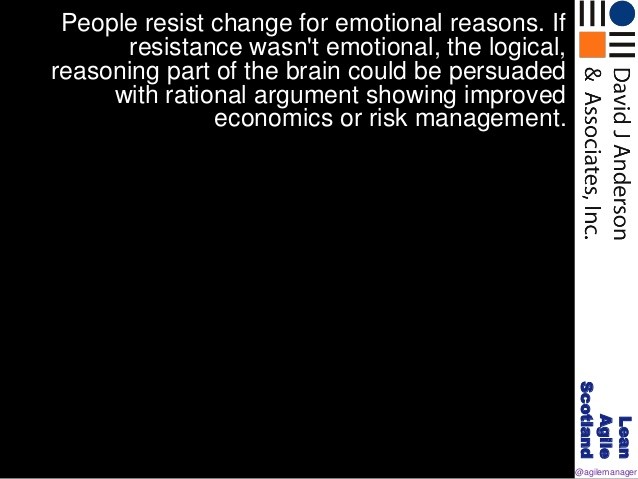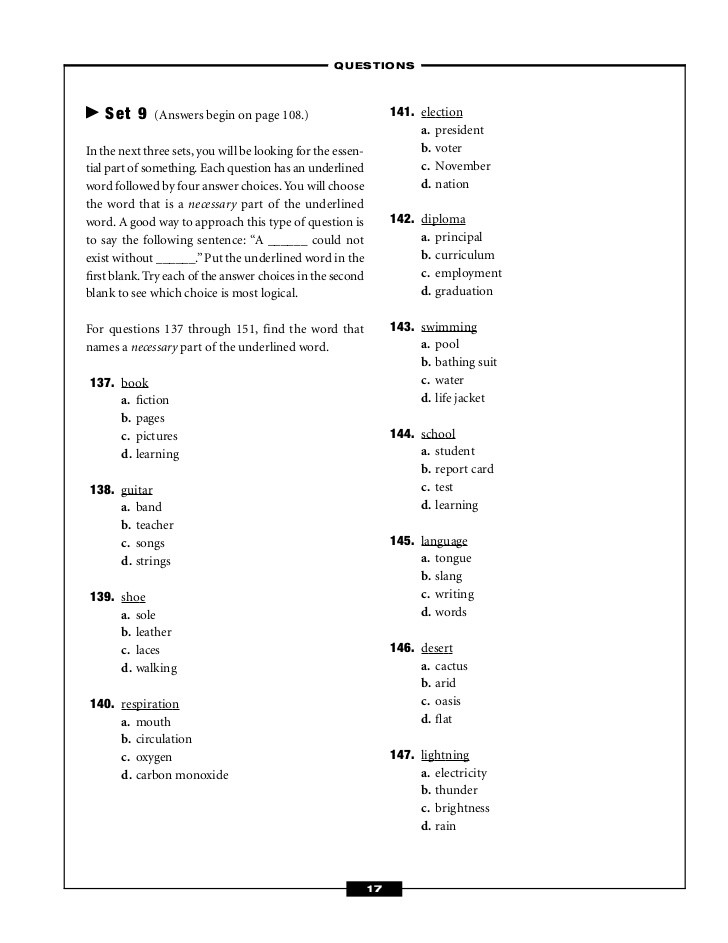How A Logical Argument Can Improve Your Trading
Post on: 16 Март, 2015 No Comment

Most trading methods can be categorized into 3 groups:
- Trading price action
- Trading technical indicators
- Trading fundamentals
These are by far the most popular, and they operate on logic-based principles.
But what does it mean to be logical anyway?
What Logical Means
To begin, its important for us to first define what logical means, so there wont be any misunderstandings further down the road.
Premise 1: All birds are white
Premise 2: All swans are birds
Conclusion: (Therefore) All swans are not white
This conclusion is not logical because it does not follow the premises.
So basically
A logical conclusion is one that follows the premises.
Now heres a logical argument, in the context of trading:
Premise 1: When the moving average indicator is moving down, market prices are likely to continue moving down soon after
Premise 2: The moving average indicator is moving down now
Conclusion: (Therefore) Market prices are likely to continue moving down soon after
Again, the conclusion here is logical, because it follows the premises.
Logic Doesnt Mean Truth
Im taking time here to explain what a logical conclusion means, because logic is often mistaken as truth.
There are logical conclusions that are true, and there are logical conclusions that arent true.
Heres a logical conclusion that isnt true:
Premise 1: All birds are green
Premise 2: All swans are birds
Conclusion: (Therefore) All swans are green
In this example, the conclusion is logical because it follows the premises.
However, the conclusion is obviously not true in reality.
In this way, there are many logical conclusions in the world that are simply not true.
How To Tell If A Logical Conclusion Is True
To test for truth in a logical conclusion, well have to look at the truthfulness of the premises.
So with the green bird example (mentioned above), we know that although logical, the conclusion isnt true because the first premise isnt true (i.e. not all birds are green).
Whenever one (or both) of the premises isnt true, the conclusion isnt true.
Heres an argument thats both logical and true:
Premise 1: Some swans are black
Premise 2: All swans are birds
Conclusion: (Therefore) Some birds are black
This logical conclusion is true, because both premises are true.
OK Mr. Smarty Pants, But What Does This Have To Do With Trading?
Just bear with me were almost there.
You see, in choosing a trading method, most traders follow some kind of logical argument.
Lets revisit the moving average example:
Premise 1: When the moving average indicator is moving down, market prices are likely to continue moving down soon after
Essentially, this is the thought-process that traders go through when choosing a trading method they observe what happened in the past and use that as a basis to predict where future market prices are likely to end up.
The Twist

Premise 2: All pigs are animals
And The Point Is
In a logical argument, true premises can only lead to true conclusions.
But not all true conclusions are formed by true premises.
This has big implications with regards to the effectiveness of how most traders choose a trading method.
Logic & Truth In Trading
So think about how you decided on your current trading method..
Is it based on a similar thought-process?
Premise 1: When [technical indicator] gives [signal A], market prices are likely to move up
Premise 2: [Technical indicator] is now giving [signal A]
Conclusion: (Therefore) Market prices are likely to move up
You now know that even if market prices do move up after signal A (i.e. the conclusion is true), it doesnt necessarily mean that the premises are also true. In this example, Premise 2 is easy to prove but Premise 1 is a lot trickier the only way to prove Premise 1 is to do a complete and objective statistical analysis of its claim.
Unfortunately, a retail trader like me does not have the tools, resources or expertise to carry out a thorough mathematical analysis of each new trading method I come across. Plus, Im really just a lazy guy.
What Id prefer to do instead, is understand the operating principles behind the trading methods I use.
To give a non-trading example: When people are hungrier than usual, they tend to overeat. If youre the owner of a restaurant, you may do well to run your business with this principle in mind.
So here are a few questions I ask when evaluating a trading method:
Why and how does [trading method] work?
Would it continue to work in the future?
Under what circumstances would it not work?
Are the benefits of this trading method worth the cost of time/energy/risk it requires?
These are some questions that dig deeper into the core principles behind each trading approach.
Logic Is Not The Point, Its A Tool
Logic is a tool we use to decide on a trading method. But as with all other tools, it has limitations.
And since were applying logic to our lives every day (as we do in trading), its important that we understand what these limitations are.
This post was not written to dismiss logic rather, the point is to highlight the gaping loophole in the way traders choose their trading method, and to get them to think a little deeper about the core philosophy behind it.
This trading method will work today, because it (sort of) worked before in the past may be logical, but is a weak trading philosophy that will eventually manifest as poor trading performance.
So think about how youre currently trading. How much of your trading method do you really understand? Whats the core philosophy that makes it work?
These are perhaps the real questions that traders should ask.














